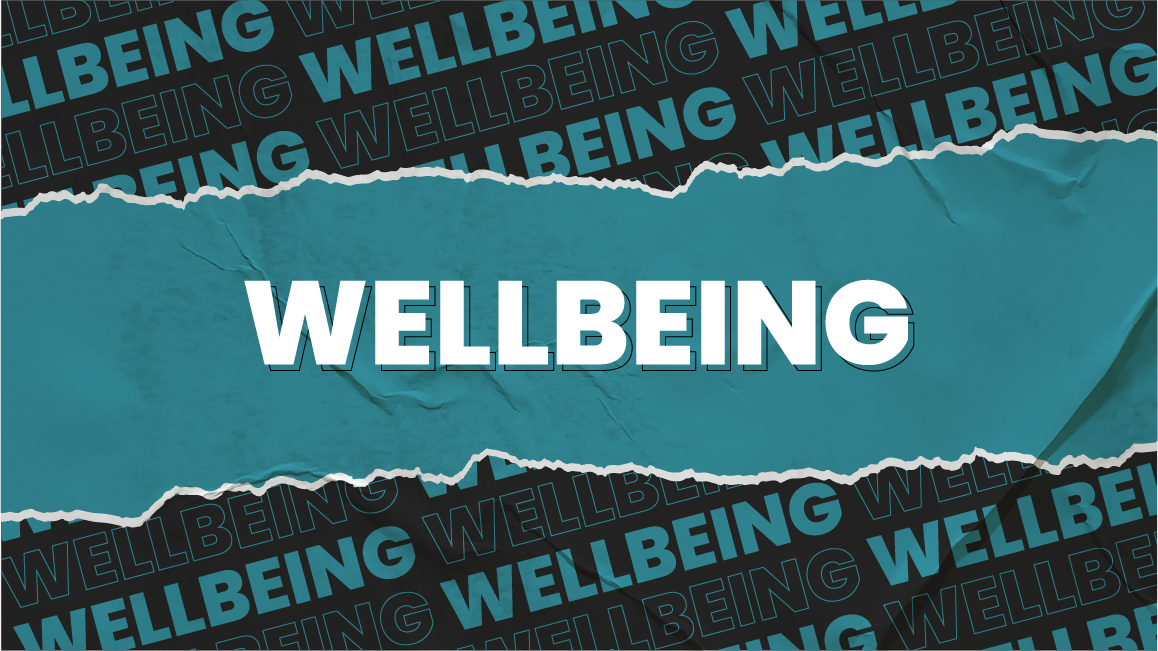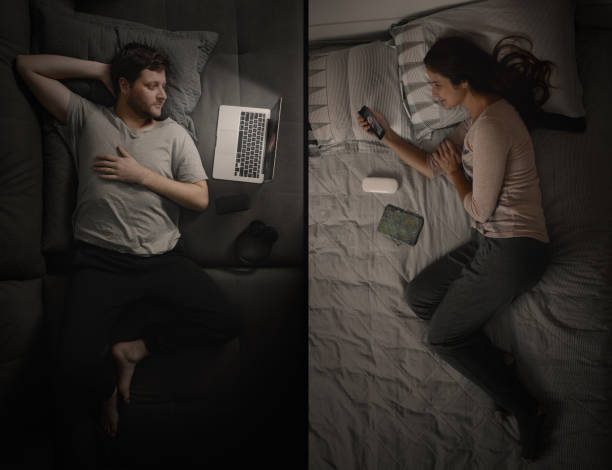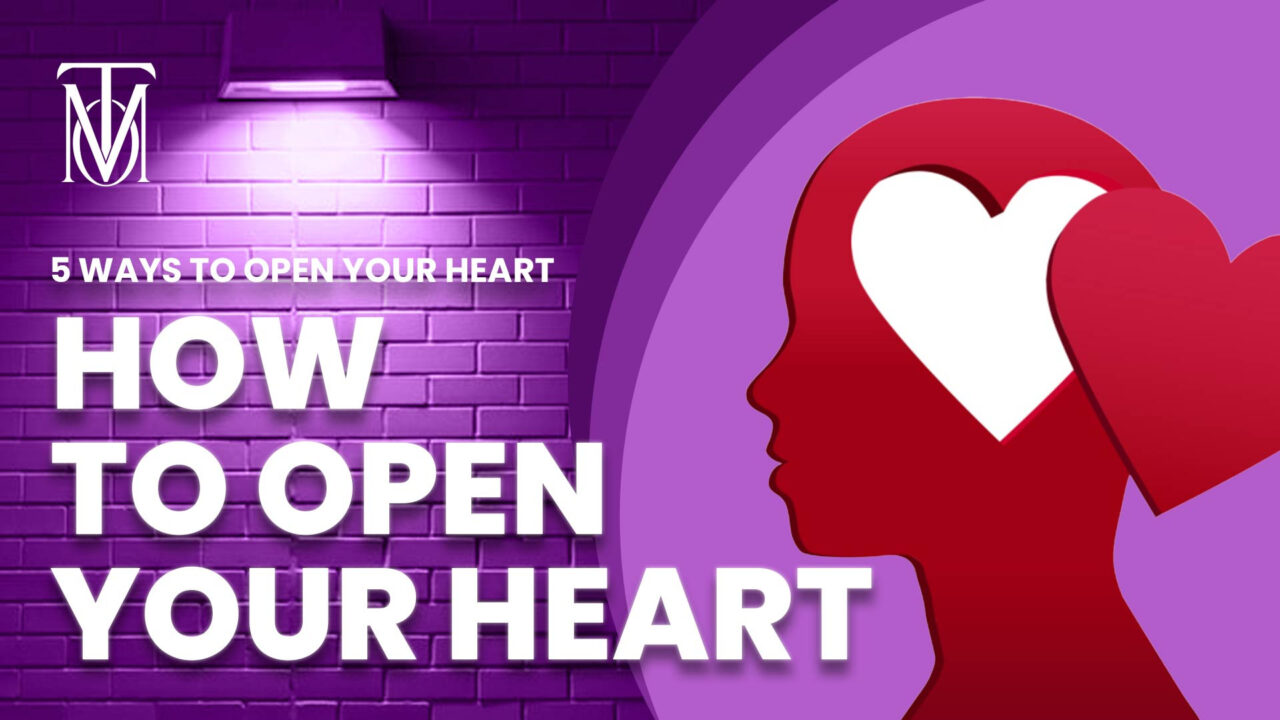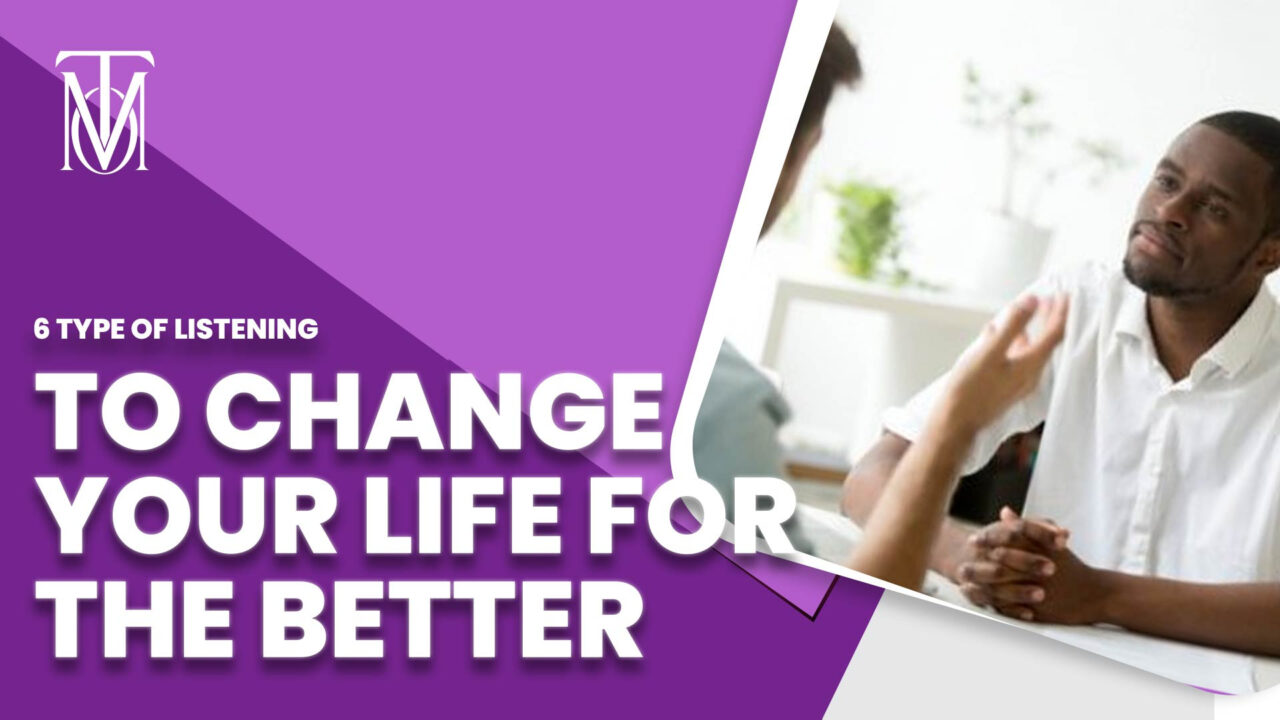Codependency means putting others’ needs before our own. Understanding codependency and its indicators can help us set healthy boundaries and honor our needs.
What Is Codependency?
Codependency occurs when a caring behavior becomes controlling. Generally speaking, codependence means one partner gives substantially more to the relationship than the other.
Codependency is not a personality or mental illness. It’s a psychological construct that overlaps with other personality disorders.
What Is A Codependent Person Like?

Codependency is when one person addresses their partner’s needs without addressing their own. One partner’s emotional well-being depends on the other in a codependent relationship. The enabler makes the codependent feel worthless unless they aid and care for them.
Codependent relationships reward the taker, and the giver often gives at their own expense. This makes the giver clueless about their own identity.
10 Codependency Signs In A Relationship
1. We Fill In Gaps
The first indicator of codependency in a relationship is when one person starts keeping in touch. As one partner gives less time, effort, and care, the other works more to stay attached. When this happens, the relationship becomes codependent.
2. Poor Self-Esteem
No one in a codependent relationship has much self-esteem. One person requires the other’s approval or service to have a purpose. The other person has low self-esteem because they need someone else to meet their material demands and validate them. A dependent person is typically domineering because they fear the other person may leave them.
3. Lack Of Boundaries
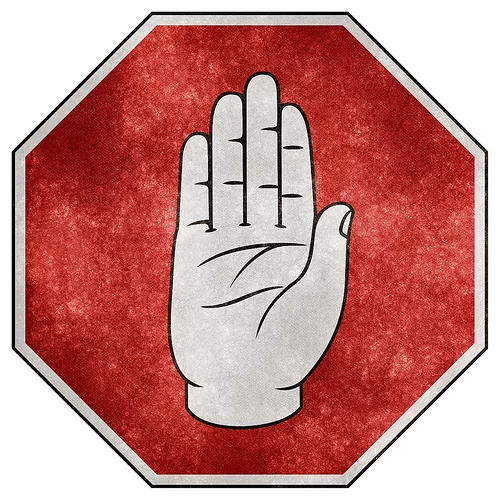
Codependents have trouble recognizing, respecting, and enforcing boundaries. Respecting another’s own feelings and sovereignty entails having boundaries.
It indicates we’re not accountable for the other person’s happiness. In codependent relationships, one person doesn’t respect limits, and the other doesn’t insist on them. One person is domineering and manipulative, while the other is obedient and lacks the will.
4. Caretaking
Codependency is when we feel we must always care for others. This comes from childhood when the giver learns that neglecting a parent can have dire effects. We may feel driven to care for others, especially a spouse, out of fear that something horrible will happen if we don’t.
5. We Need Our Partner To Feel Okay
Instead of accepting personal responsibility for our emotions, we blame our partner for any discontent we may be experiencing in the relationship.
This one focuses on the taker’s experience in a codependent relationship, while in reality, both people in the relationship probably feel dependent on the other for their sense of self.
6. The Relationship Feels Stagnant
We have reached a relationship plateau and feel trapped. We have no idea how to revitalize the connection, and we fear that we have found the wrong person to spend the rest of our lives with.
7. We “Walk On Eggshells”
We’re scared of upsetting them in any way, shape, or form. Therefore, we might be unable to talk about our own emotions, discuss our thoughts, or even ask for what we want.
In addition, we could agree to things we don’t want to do just to avoid an argument, even though doing so would counter our principles or goals.
8. We Need Approval
We may be in a codependent relationship if we need approval or permission to accomplish basic everyday tasks or if we can’t make a simple decision without that person. If we enter a relationship with confidence but lose it over time, we may be in an abusive narcissistic codependent relationship.
If our partner controlled us or demanded to be the decision-maker, we may still need them after the breakup.
9. We Lose Contact With Loved Ones
Losing touch with significant people in our lives indicates something is wrong. We see that our primary concentration is on the other partner, isolating us from friends and family members. When people fall in love, it’s typical for others to feel out of sight. When it continues, it’s a sign we’re losing the anchors in our life that keep us steady and on course.
10. Our Partner Has Unhealthy Habits
One early indicator of a codependent relationship is when one person constantly engages in unhealthy behavior, such as substance abuse or bingeing until they feel sick, and the other person joins them in it, despite not liking to drink or binge or encourages it for their own reasons.
How To Stop Being Codependent?
Codependency, known as relationship addiction, is a learned behavior. It hinders a person’s capacity to have a healthy, mutually rewarding relationship.
The sooner we realize codependency, the easier it will be to overcome it. If we’re the codependent partner, we must work on ourselves.
Have Healthy Boundaries
Healthy relationships are supportive but respect each other’s boundaries. Boundaries define what we’re willing to accept in a relationship. We must consider our wants and needs and not let the other person’s troubles dominate us.
We must find ways to stop overstepping and enforce our boundaries. Poor boundaries can only cause codependency in a supposedly healthy relationship.
Spend Some Time Alone
Our connection with ourselves is equally as vital as our relationships with others, so let’s make time for ourselves often.
A temporary break from romantic relationships can help us explore and comprehend codependent traits if we’re drawn to distressing dynamics with people who rely on us.
Do Something Just For Ourselves
Doing things for ourselves that we normally rely on a partner for can help improve our self-assurance and confidence, which can help with our codependency.
Consider Seeking Help
Have difficulties identifying our codependency’s roots? Reading and self-exploration are fantastic, but sometimes deeper emotional concerns need treatment. Consider counseling, a support group, or talking to a friend.
Final Thoughts
Putting someone else’s needs before our own might affect our mental health. It’s innate to want to help our loved ones, but we must also prioritize our own needs.
Living for others won’t fulfill us. When we prioritize our health, it will be simpler to help others.




